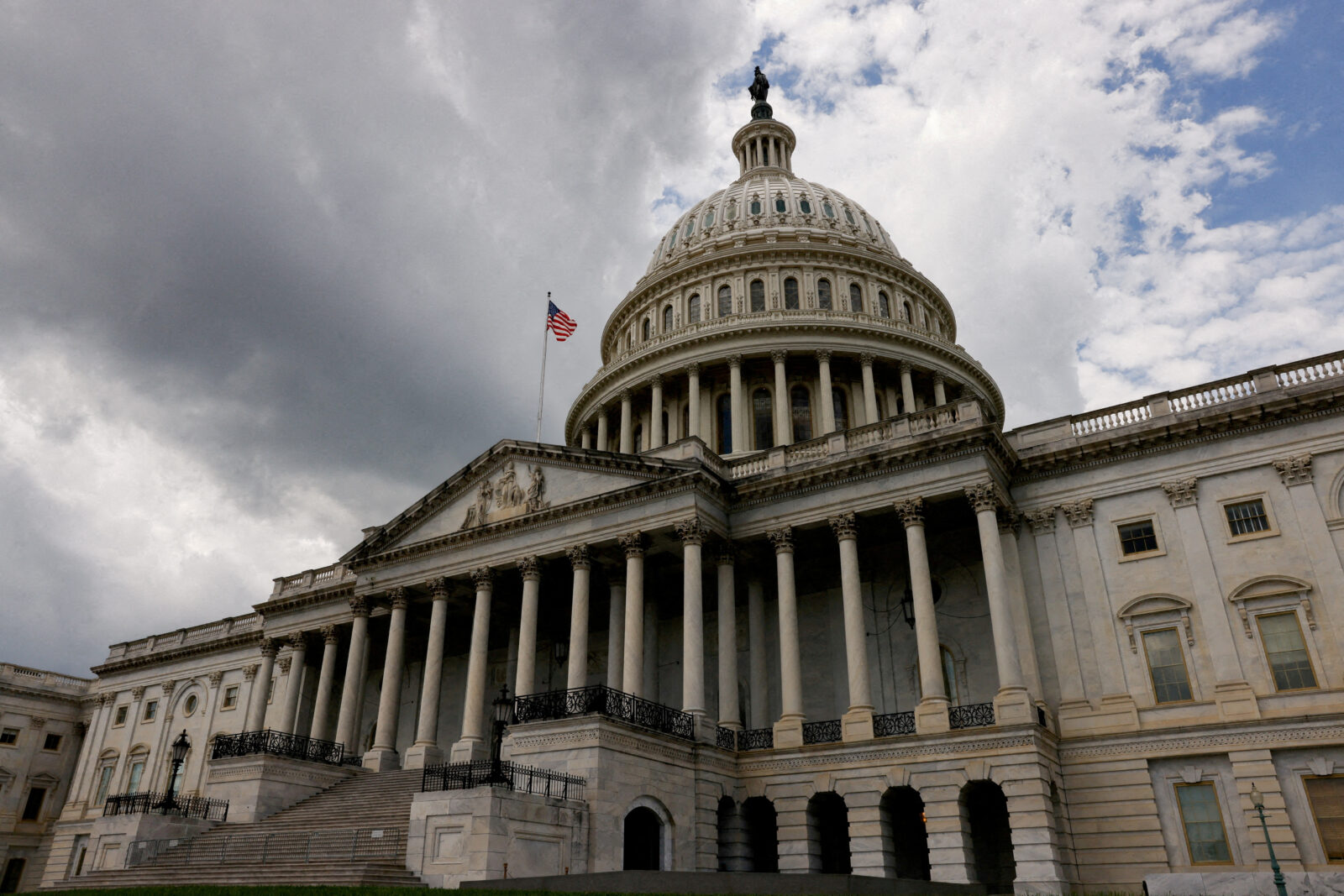United States: As Congress is about bringing one step further in the process of borrowing out federal government the surveillance tool, Section 702 of the Foreign Intelligence Surveillance Act (FISA), it starts to raise questions about the necessity of its use.
More about the passage of the bill
On Tuesday night, a bill authorizing FISA’s Section 702 was approved by the House’s Rules Committee, which represents the last barrier a piece of legislation must overcome before arriving at the consideration of the entire House. The motion was put to a vote and carried 9-2.
Section 702 provides a way for the federal government to do warrantless surveillance of a foreign national located outside the USA if they are considered to be suspects of terrorism. As a result, foreign nationals are susceptible to surveillance, even if the person at the end of the communication is an American citizen, as Fox News reported.
Need of such bill – Experts
National security hawks and members of the intelligence community have given it a similar score of importance to preventing another 9/11-style attack.
But there are both conservatives and progressives who are against the idea of expansive surveillance, triggered by cases where individuals were thought to have wrongfully violated the Americans’ right to privacy in collecting information for the sake of their own security.
The battle over Section 702̵’s renewal is one of the bitterest that Republicans in the House have seen together with another one and is also the agony of Speaker Mike Johnson, R-La. He has to bear it as he has a slim majority. Leaders of the Republican House majority are trying again to advance this vehicle on its third attempt on the road before the April 19 deadline.
The Reforming Intelligence and America Securing Act, brought to change abuses by putting safeguards on getting the Section 702 collected data involving domestic surveillance, was a compromise reached between the House Permanent Select Committee on Intelligence and the House Judiciary Committee that established the intended impact.
In this rule adopted from the Rules Committee of the House, the House is required to vote on a recommendation from the Judiciary Committee first, which is seeking to eliminate warrantless surveillance of US citizens, before proceeding to vote on the whole bill.
A GOP lawmaker opposed the amendment, saying, “That would effectively kill 702 if that passed,” as Fox News reported.


















